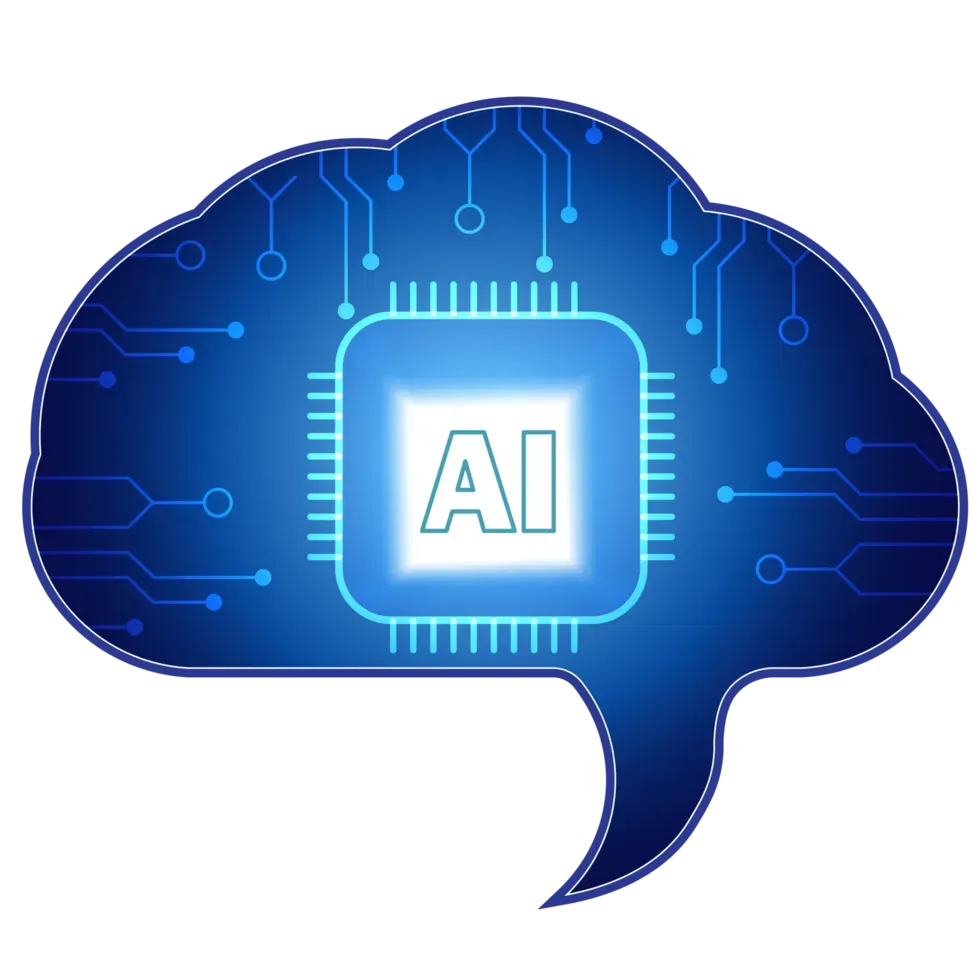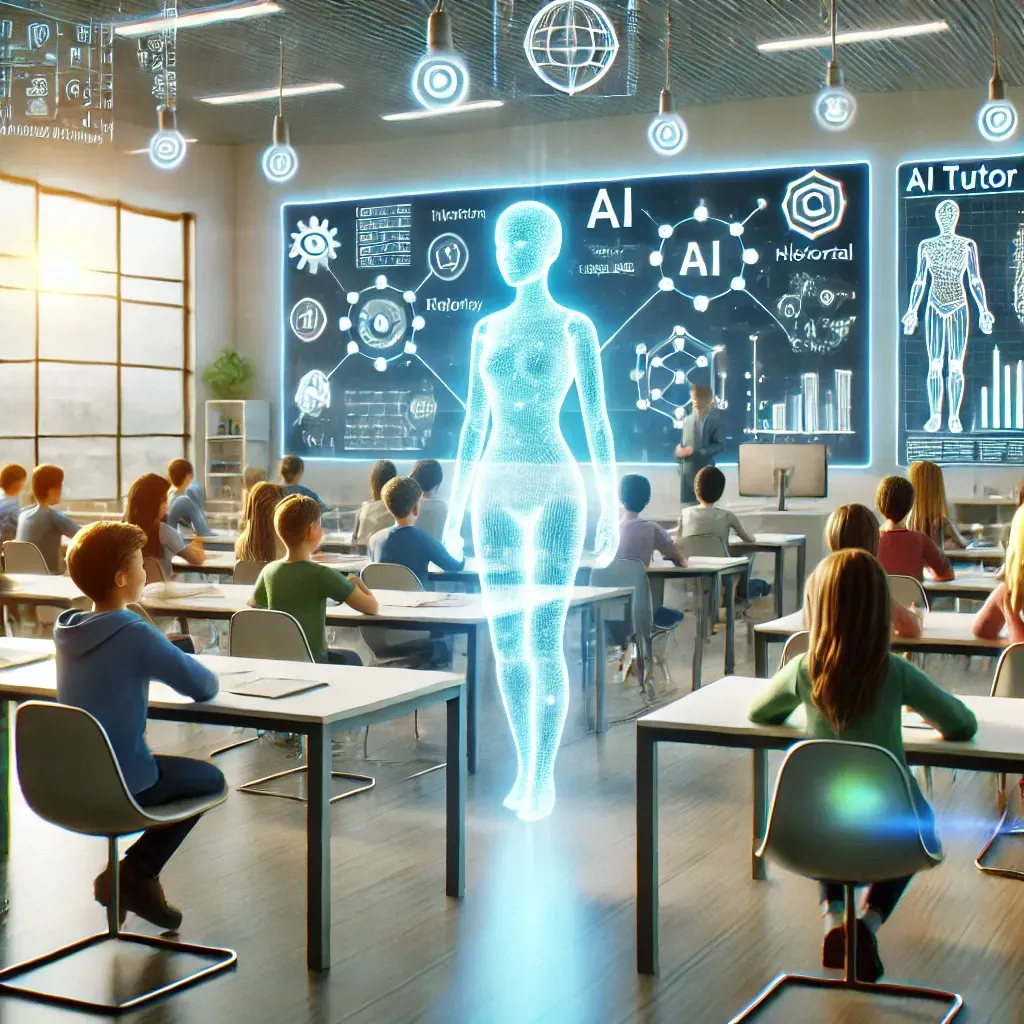
Navigating the Future Responsibly: The Ethics of Artificial Intelligence. Understanding the Ethics of Artificial Intelligence: A Call for Awareness Artificial Intelligence (AI) is transforming our world at an unprecedented pace, revolutionizing industries and improving our daily lives. From healthcare and finance to education and entertainment, AI's capabilities are expanding rapidly. However, along with the remarkable benefits, AI poses substantial ethical challenges that must be addressed to ensure its responsible development and use. In this blog, I’ll explore the key ethical considerations associated with AI and why they are crucial for our society. The Dual Nature of AI: Opportunities and Challenges AI's potential to revolutionize various sectors is immense. In healthcare, AI algorithms can predict patient outcomes and assist in diagnosing diseases, potentially saving countless lives. In finance, AI-driven analytics optimize investment strategies and detect fraudulent activities with high accuracy. In education, personalized learning systems adapt to individual student needs, enhancing the learning experience. Meanwhile, in entertainment, AI creates more immersive and personalized content than ever before. Yet, this rapid advancement brings forth significant ethical dilemmas: 1. Bias and Fairness: AI systems often learn from data sets that may contain historical biases. If not addressed, these biases can lead to unfair outcomes, particularly in critical areas such as hiring, law enforcement, and lending. Ensuring fairness involves creating diverse and representative data sets and implementing transparent algorithms. 2. Privacy and Security: The vast amounts of data required for AI systems raise concerns about privacy. Unauthorized access to personal data can lead to severe privacy breaches. Robust data protection measures and ensuring informed consent are essential to safeguard individual privacy. 3. Autonomy and Control: As AI systems become more autonomous, the need for human oversight becomes crucial. Autonomous systems, such as self-driving cars, must be designed with safety and ethical considerations to prevent harm. 4. Transparency and Explainability: Many AI systems operate as "black boxes," making it difficult to understand how decisions are made. Developing explainable AI models is vital for trust and accountability, particularly in sectors like healthcare and criminal justice. 5. Job Displacement and Economic Impact: Automation through AI can lead to job displacement across various industries. Addressing this challenge involves investing in reskilling programs and developing policies to support affected workers. And at the other create numerous new jobs. 6. Moral and Ethical Decision-Making. AI is increasingly involved in decisions that have moral and ethical implications. Establishing ethical guidelines and frameworks for AI development is critical to ensure these decisions align with societal values. Why Ethical AI Matters The ethical considerations of AI are not just academic; they have real-world implications that affect all of us. Bias in AI systems can lead to discrimination, privacy breaches can erode trust, and lack of transparency can result in unfair outcomes. Addressing these ethical challenges is essential for several reasons: - Building Trust: Ethical AI practices build trust among users and stakeholders, ensuring broader acceptance and adoption of AI technologies. - Ensuring Fairness: By addressing biases and ensuring transparency, we can create AI systems that are fair and just. - Promoting Inclusivity: Ethical AI practices ensure that the benefits of AI are distributed equitably, preventing economic disparities and fostering inclusive growth. - Safeguarding Rights: Protecting privacy and ensuring accountability safeguards individual rights and freedoms in an increasingly digital world. Conclusion As AI continues to transform our world, it is crucial to remain vigilant and proactive in addressing the ethical challenges it presents. By fostering interdisciplinary collaboration, engaging with the public, and developing robust ethical guidelines, we can navigate the future of AI responsibly. Let’s work together to harness the power of AI for the greater good, ensuring a just and equitable society for all. For those interested in exploring AI ethics further, here are some excellent resources to get you started: -IEEE Global Initiative on Ethics of Autonomous and Intelligent Systems https://standards.ieee.org/industry-connections/ec/ead/index.html : This initiative provides comprehensive guidelines and standards to ensure ethical considerations are integrated into the development of AI and autonomous systems. It's a fantastic starting point for understanding the broader ethical landscape. - AI Ethics Guidelines Global Inventory https://www.altaiconnect.com/research/ai-ethics-guidelines-global-inventory : This inventory offers a curated list of ethical guidelines from various organizations around the world. It's a valuable resource for comparing different ethical frameworks and approaches. These resources offer a wealth of information and are perfect for anyone looking to deepen their understanding of AI ethics. Happy reading!



